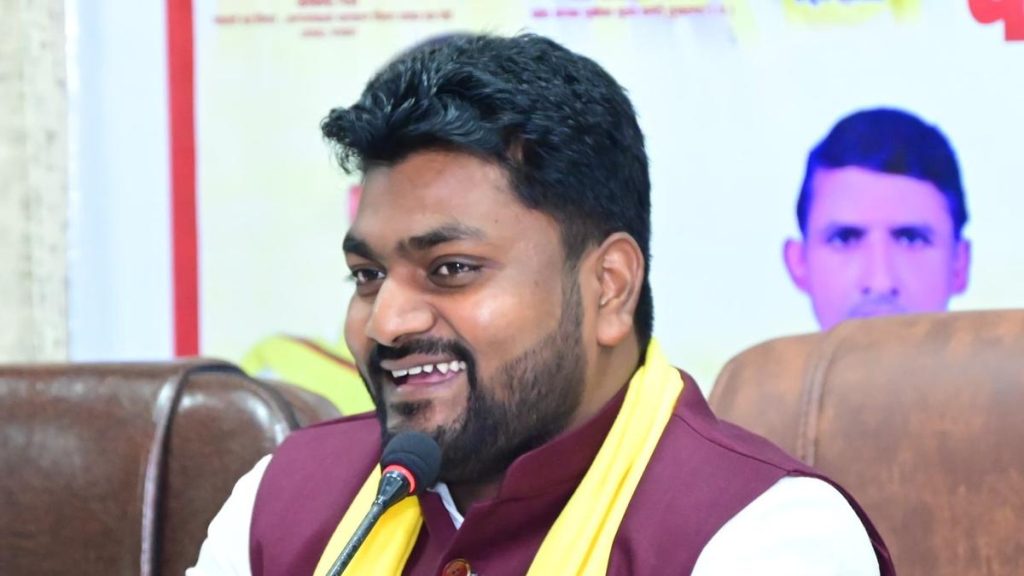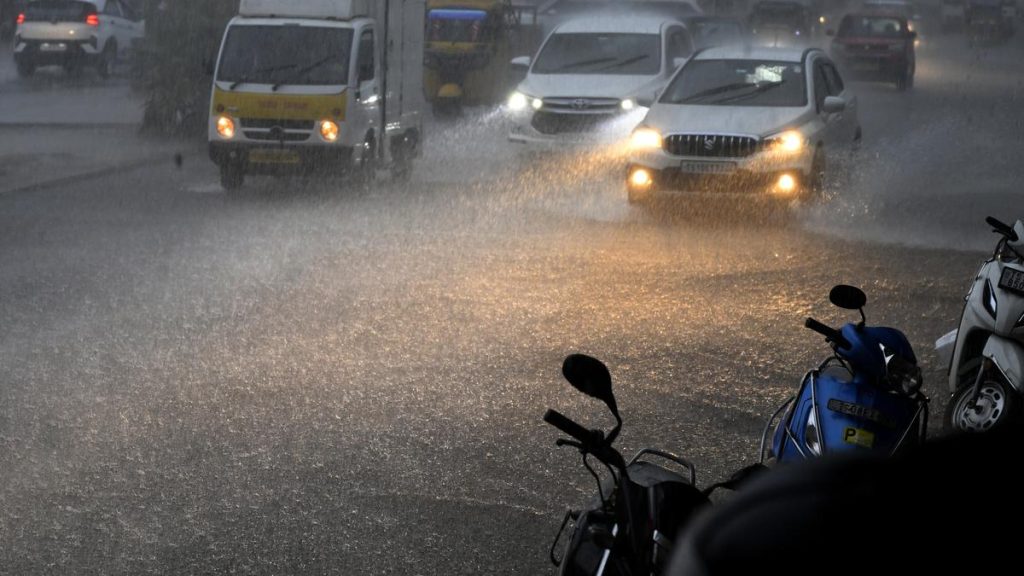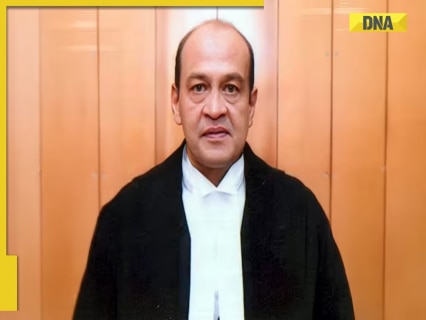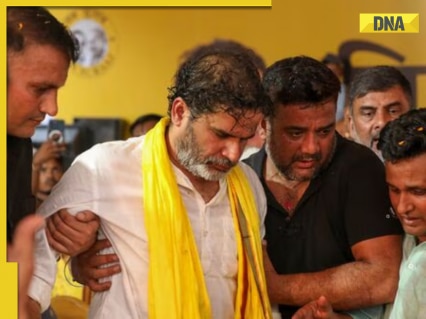Now Reading: Eknath Shinde Comments on Uddhav Thackeray: ‘Unprecedented in Maharashtra’s History
-
01
Eknath Shinde Comments on Uddhav Thackeray: ‘Unprecedented in Maharashtra’s History
Eknath Shinde Comments on Uddhav Thackeray: ‘Unprecedented in Maharashtra’s History
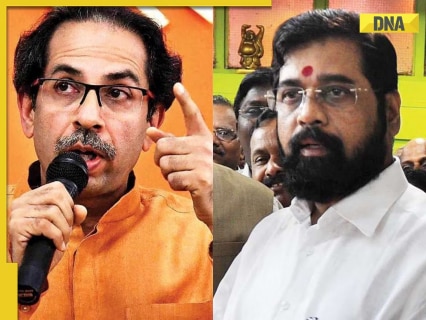
Rapid Summary
- Jan Suraaj Party founder Prashant Kishor sustained an injury during a rally in Bihar’s Bhojpur district as part of his roadshow campaign for the 2025 Assembly polls. The incident occurred when Kishor attempted to board a moving vehicle, leading to him falling and injuring himself near Arrah town.
- He was provided medical attention promptly and resumed the rally after treatment.
- prashant Kishor has been touring Bihar widely, engaging with locals and advocating for his party’s vision ahead of the elections.
Indian Opinion Analysis
Prashant Kishor’s injury highlights the intense pace and rigorous nature of political campaigns, particularly in states like Bihar where direct community engagement often shapes electoral appeal. His ability to continue after prompt medical care reflects both personal resilience and commitment toward his political goals. For India’s evolving political landscape, such regional tours underscore the importance of grassroots connect in strategizing for assembly elections. Even though accidents like these may not significantly impact electoral perceptions, they serve as reminders that campaigning involves physical risks alongside political challenges.
Quick Summary
- NATO Secretary General criticized India for purchasing Russian fuel amid the ongoing Russia-Ukraine conflict.
- The criticism comes despite some NATO member countries, including the Secretary General’s home country, reportedly engaging in similar energy dealings with Russia.
- Debate continues over perceived inconsistencies in international policy enforcement regarding Russian imports.
Image:
Indian Opinion Analysis
The remarks by the NATO Secretary General underscore ongoing global discourse about geopolitical alignments and economic interests surrounding the Russia-Ukraine conflict. For India, being targeted amidst similarly aligned actions from Western nations reveals potential selective pressures it might face on international platforms.Though, India’s consistent stance emphasizing sovereign decision-making in trade policies reflects its growing autonomy in maintaining strategic partnerships. This critique could further highlight discrepancies in global diplomacy and trigger conversations about fairness and equity within multilateral systems.
Quick Summary:
- Maharashtra Deputy Chief Minister Eknath Shinde criticized Shiv Sena (UBT) chief Uddhav Thackeray in the legislative council regarding their political split in 2019.
- Shinde accused Thackeray of betraying BJP leader Devendra Fadnavis during coalition talks after the assembly elections, claiming thackeray had ignored “40-50 calls” from Fadnavis.
- He also criticized Thackeray’s decision to ally with Congress despite earlier opposing them and referred to him as a “chameleon changing colours fast.”
- Shinde recalled his role in persuading Fadnavis to give up Mumbai mayoral control to Shiv Sena in 2017 after closely contested civic polls but stated that this goodwill was met with betrayal in 2019.
- The remarks come shortly after a meeting between Uddhav Thackeray and Maharashtra CM Eknath Shinde, coupled with playful remarks from Devendra Fadnavis inviting reconciliation.
Indian Opinion Analysis:
Eknath Shinde’s strong statements underline the friction stemming from the fractured alliance between Shiv Sena and BJP post the 2019 Maharashtra elections. Such direct accusations signify ongoing tensions within state politics, highlighting differences regarding loyalty, trust, and ideological alignment. For voters and observers alike, such debates reinforce scrutiny of leadership choices impacting party coalitions. While public discourse remains polarized over these remarks, they also spotlight evolving dynamics as leaders maneuver strategies amidst alliances for electoral gains. The implications could resonate beyond legislative halls into upcoming political engagements.


